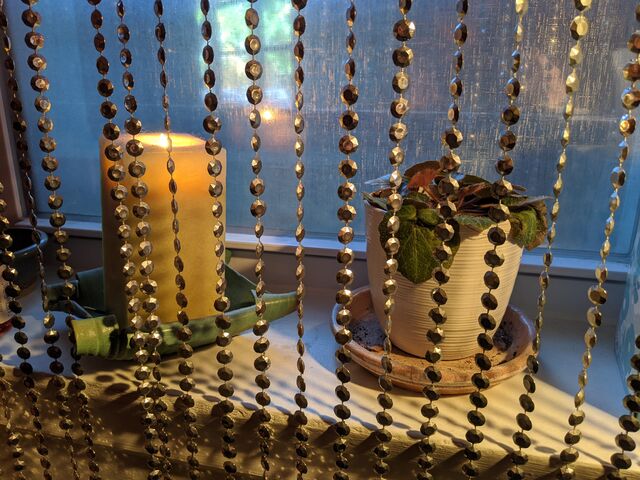 Day 41
9/1 '20
Day 41
9/1 '20
I'm struggling with myself over a few things. And I have a few important personal administrative tasks to do this week.
It's Andy's birthday this week. He's been dead (how odd the present perfect continuous tense) for nine months now. Long enough to be born. We had only a few short weeks to grieve together and then it's been this liminal state of living. I guess that's fitting, but it fucks with the process of grief.
Had an in-person conversation today with a friend I've not seen since the funeral. He stopped by to pick up a thing, stood on the sidewalk in front of the house; I stood back on my porch. I forgot to grab a mask on my way out.
I still feel like an asshole.

